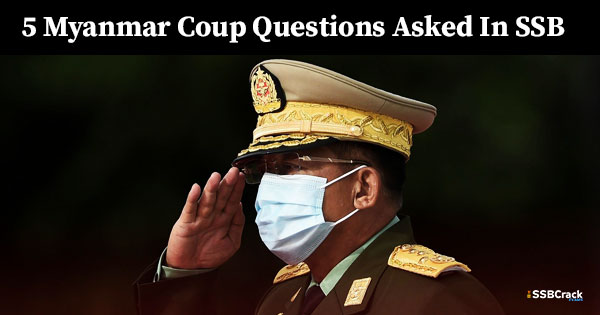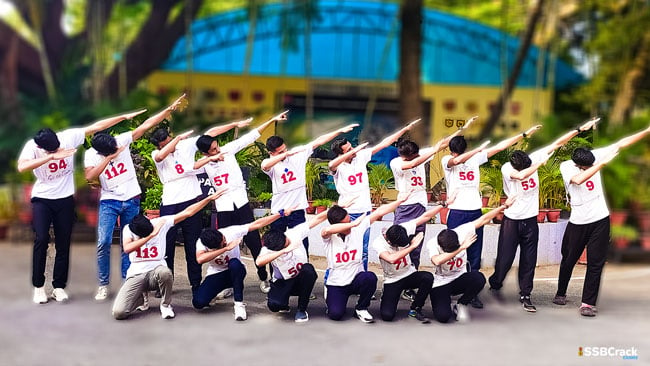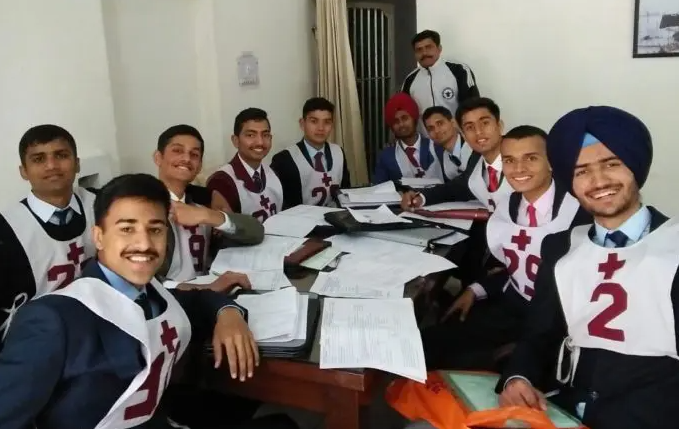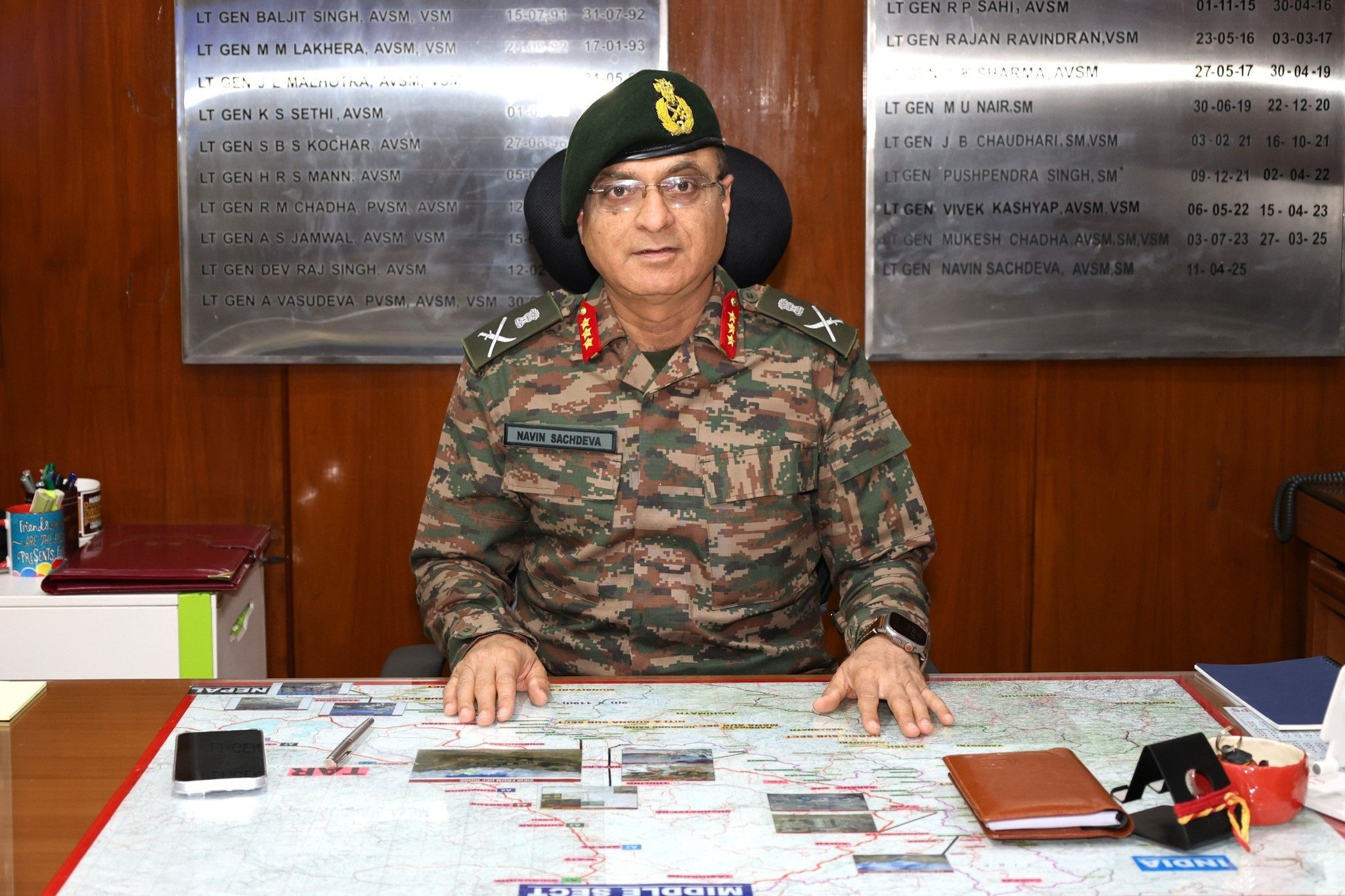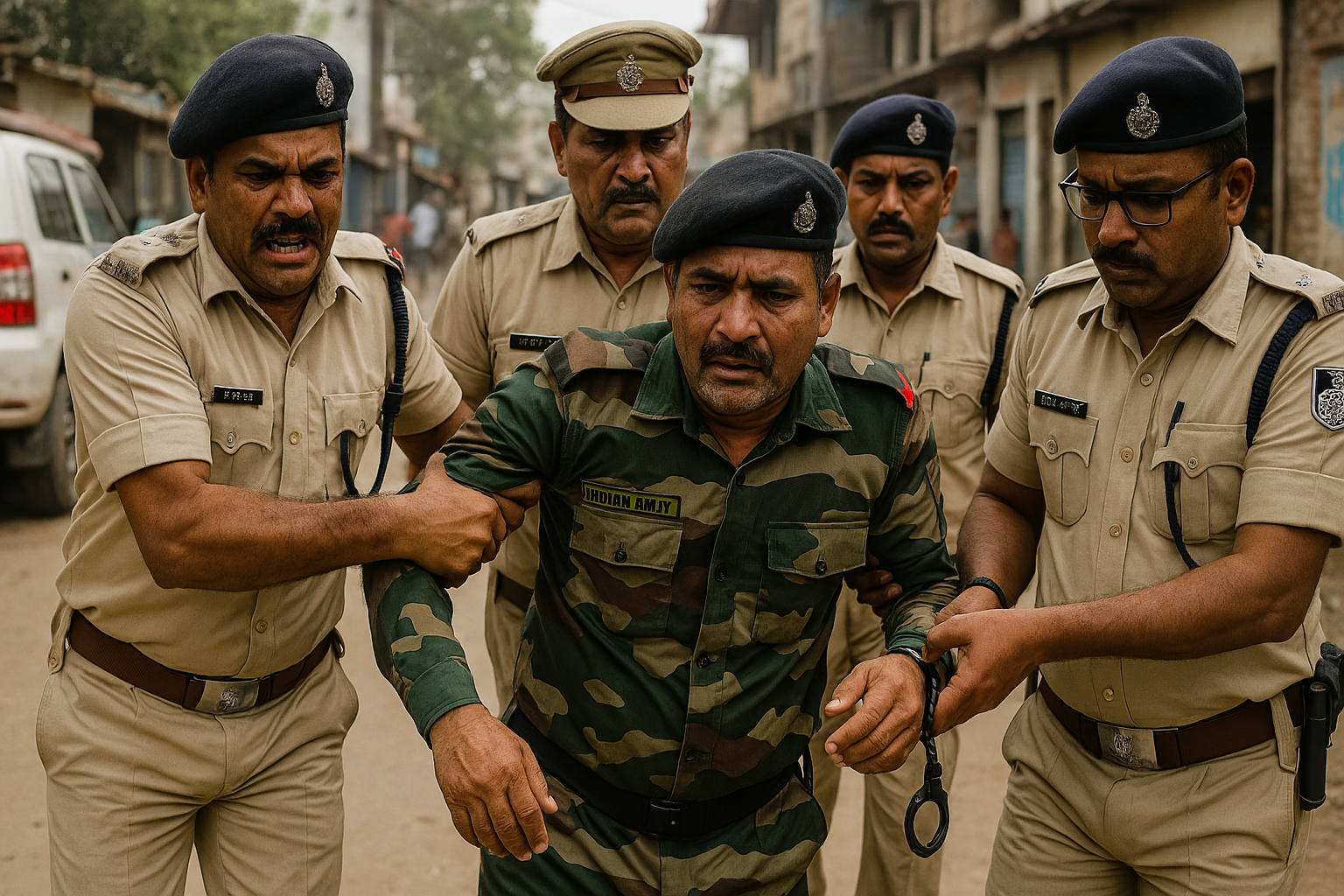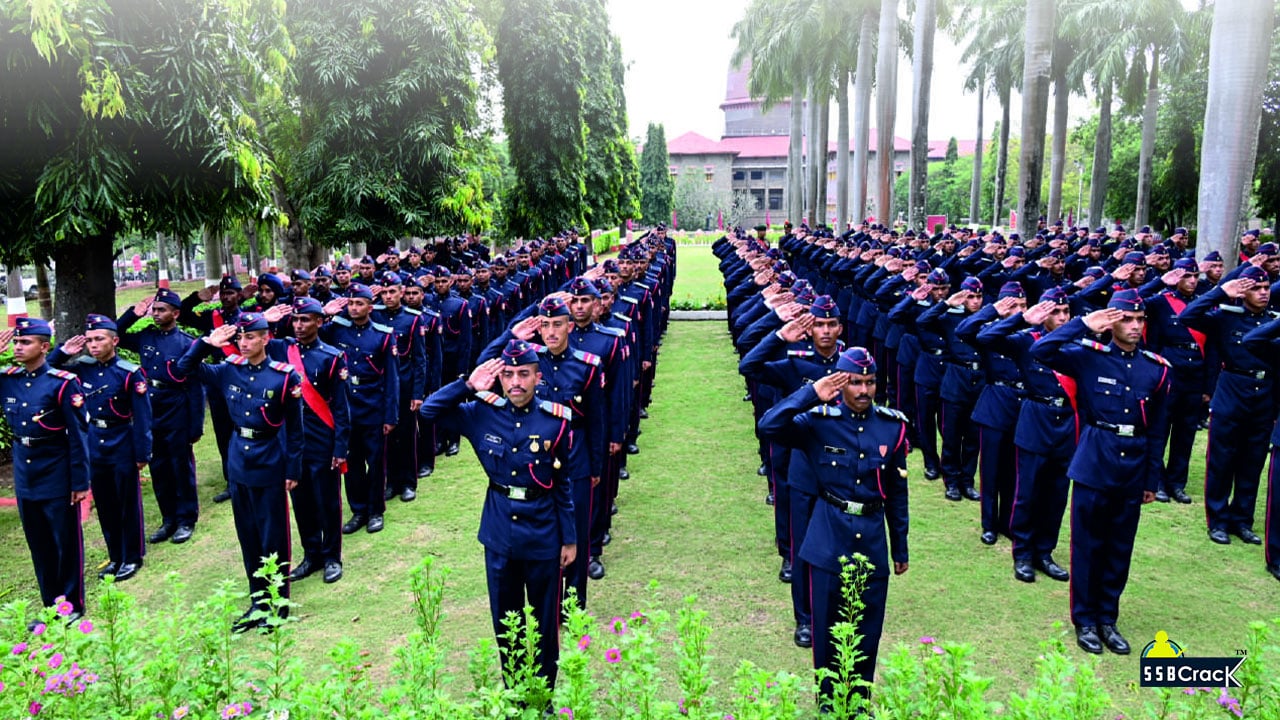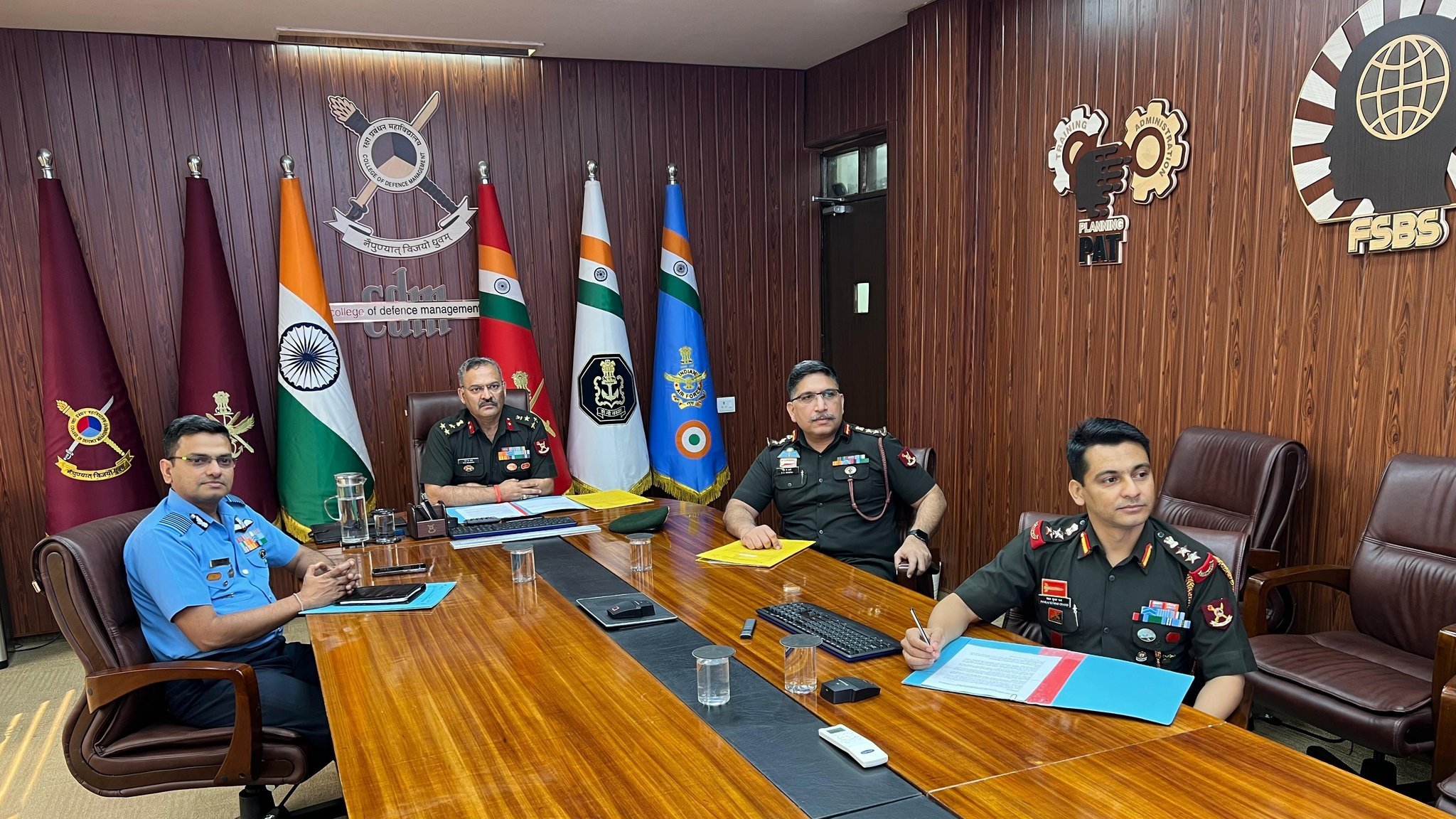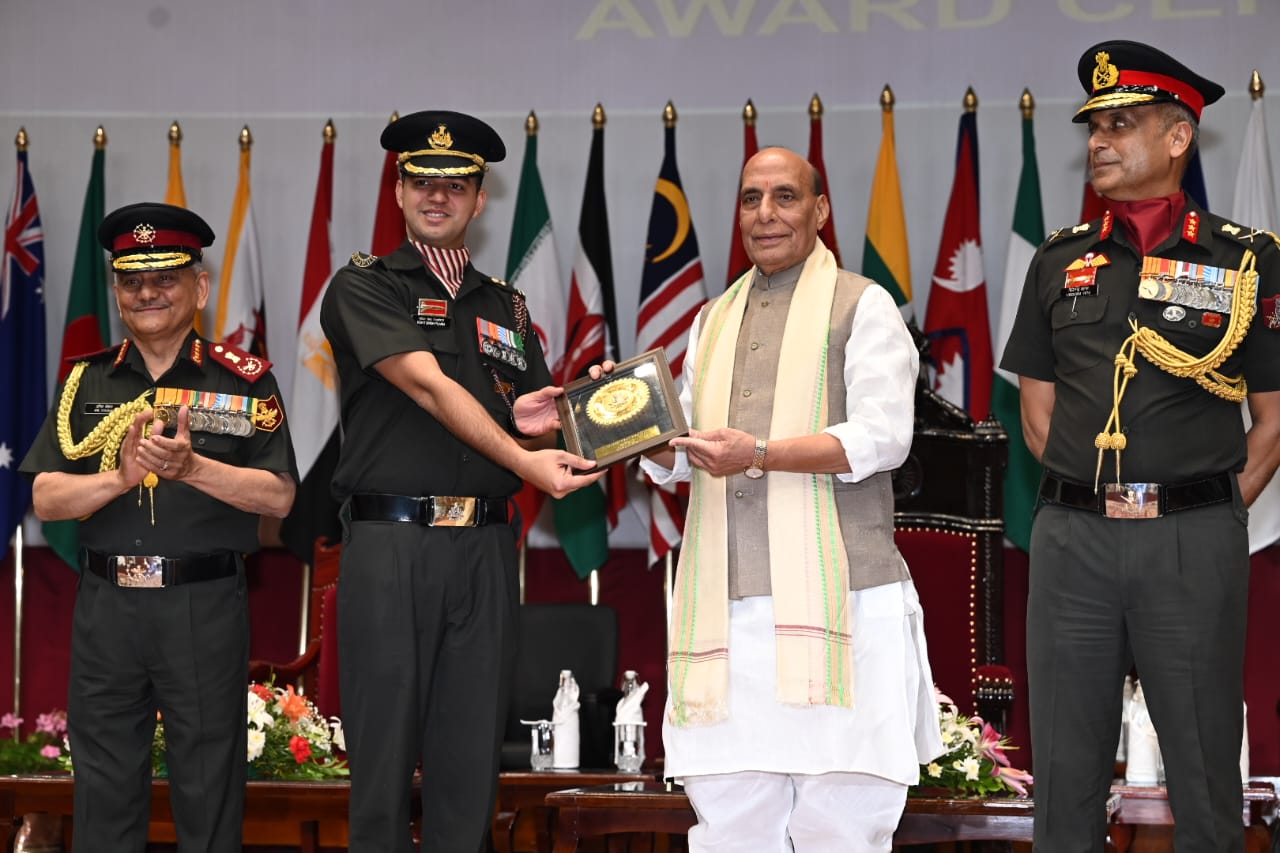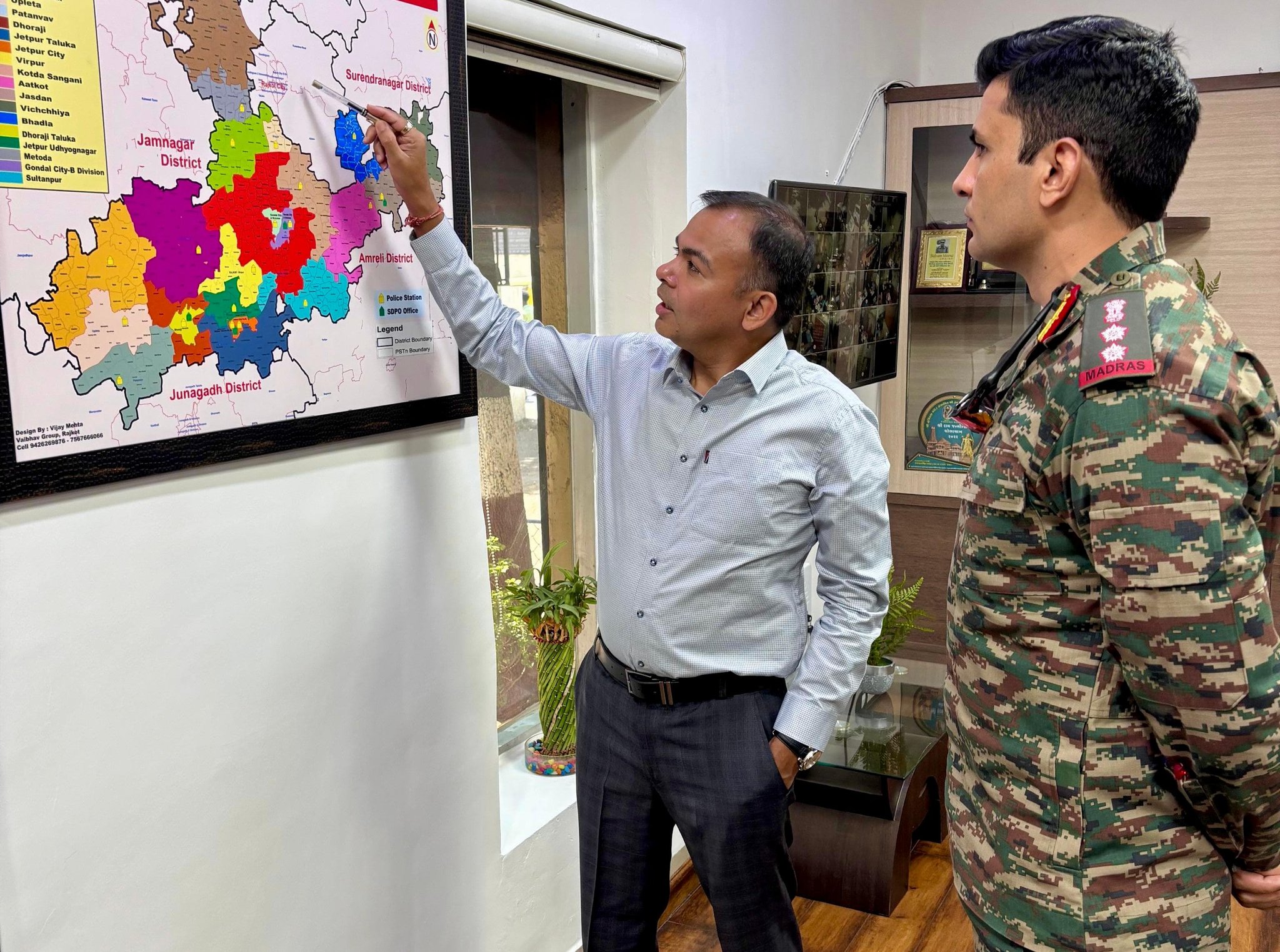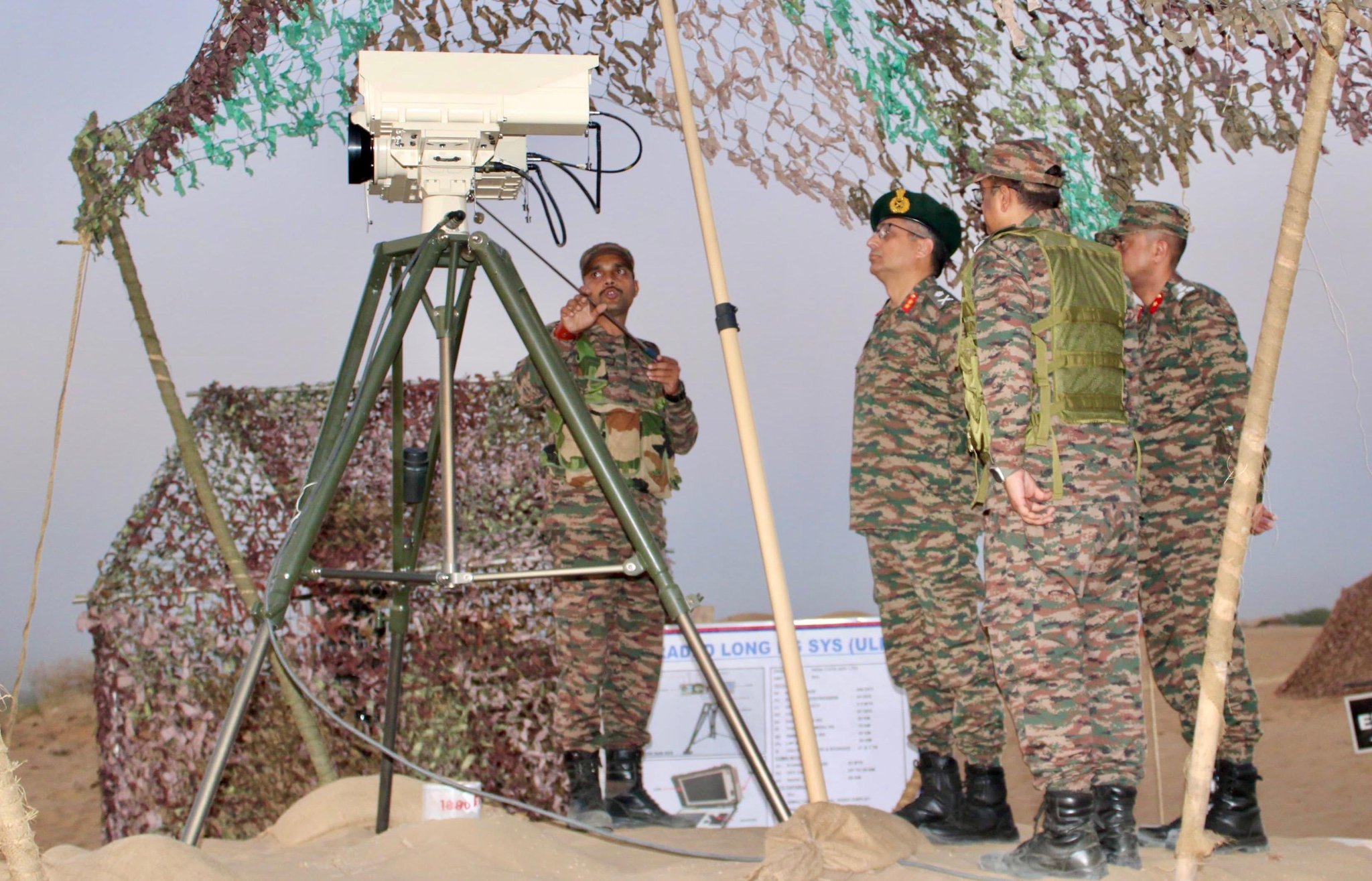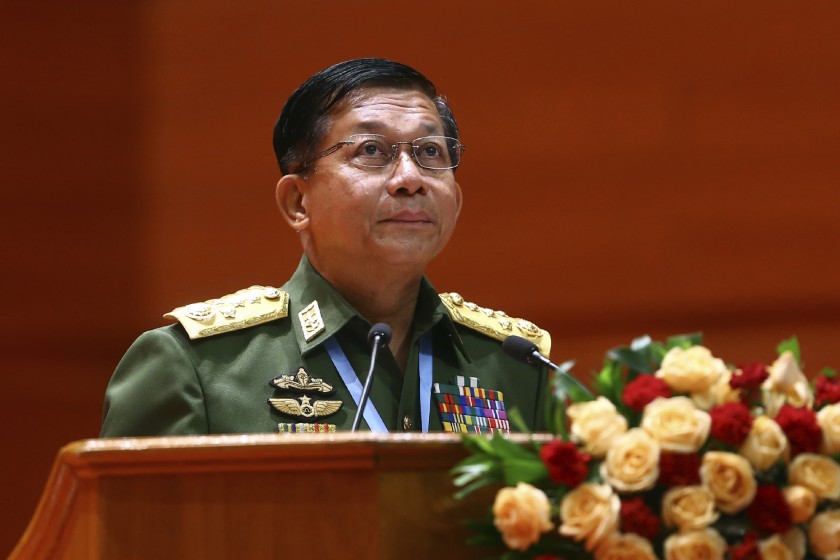
In the morning of 1 February 2021, the Myanmar military also known as Tatmadaw declared a year-long state of emergency and declared power had been vested in Commander-in-Chief of Defence Services Min Aung Hlaing. It seized control following a general election which Ms Aung San Suu Kyi‘s National League for Democracy (NLD) party won by a landslide.
Many defence aspirants are facing SSB interview questions during PI from this topic and also in the group discussion, here are some questions faced by the defence aspirants related to Myanmar military coup.
1. What is happening in Myanmar?
A lack of food security, access to shelter and basic humanitarian services, and inability to access to livelihoods remain major problems for Rakhine civilians. Civilians continued to be targeted during hostilities in northern Myanmar. Also, the Rohingya refugee crisis is caused by the Rohingya people having long faced violence and discrimination in Myanmar. The armed conflict escalated in August 2017 in Rakhine State, causing Rohingya to flee to nearby Bangladesh. Recently on 1 February 2021, a military coup took place in Myanmar.
2. What do you know about the Myanmar Military Coup?
The 2021 Myanmar coup d’état began in the morning of 1 February when democratically elected members of Myanmar’s ruling party, the National League for Democracy, were deposed by the Tatmadaw—Myanmar’s military—which vested power in a stratocracy. The Tatmadaw declared a year-long state of emergency and declared power had been vested in Commander-in-Chief of Defence Services Min Aung Hlaing. The coup d’état occurred the day before the Parliament of Myanmar was due to swear in the members elected at the November 2020 general election, thereby preventing this from occurring.

3. How the Myanmar Military Coup will affect India?
The Indian business community in Myanmar is in a “wait and watch mode” though not unduly worried after the Myanmarese military detained State Counsellor Aung San Suu Kyi and seized power earlier this week. One issue of concern is whether the coup will bring back international sanctions on the country, the last of which was lifted in 2016. Previous economic sanctions on Myanmar in the past have included cuts in financial aid, blocking access to assets and curbs on investment flows. Currently, there are about 100 Indian companies in Myanmar with investments over 1.2 billion, according to the Indian embassy in Yangon.
4. How other countries are reacting to the Myanmar Military Coup?
- UN Secretary-General called the army’s move as a serious blow to democratic reforms & said they are preparing for an emergency meeting.
- UN demanded the release of the 45 people who had been detained.
- US President raised the threat of new sanction, UK condemned the coup and European Union leaders also issued similar condemnations.
- China which previously opposed international intervention in Myanmar urged all sides in the country to resolve the difference.
- India expressed deep concern over the reports of an unfolding military coup in Myanmar.
- It also said that it has always been steadfast in its support to the process of democratic transition in Myanmar and rule of law must be upheld.
5. What is the relation between Myanmar and Burma?
When British imperialists annexed what is today’s Myanmar during the 19th century, they called it Burma after the dominant Burman (Bamar) ethnic group, and administered it as a province of colonial India. This arrangement continued until 1937, when Burma was separated from British India and made a separate colony. Even after the country became independent in 1948, it retained the same name, becoming the ‘Union of Burma’. In 1962, the military took over from a civilian government for the first time, and amended the official name in 1974 to the ‘Socialist Republic of the Union of Burma’. Then in 1988, Myanmar’s armed forces again took power in the country, after suppressing a popular uprising that led to the deaths of thousands, and reversed the official name to ‘Union of Burma’. But a year later, the junta adopted a law that replaced Burma with Myanmar, making the country the ‘Union of Myanmar’. A number of other places in the country also saw their names changed, including the then-capital city, which went from Rangoon to Yangon (since 2005, the capital is Naypyidaw, 370 km away to the north).
Answer Source: Internet
Also Read: 8 Farm Bill Questions Asked In SSB Interview

